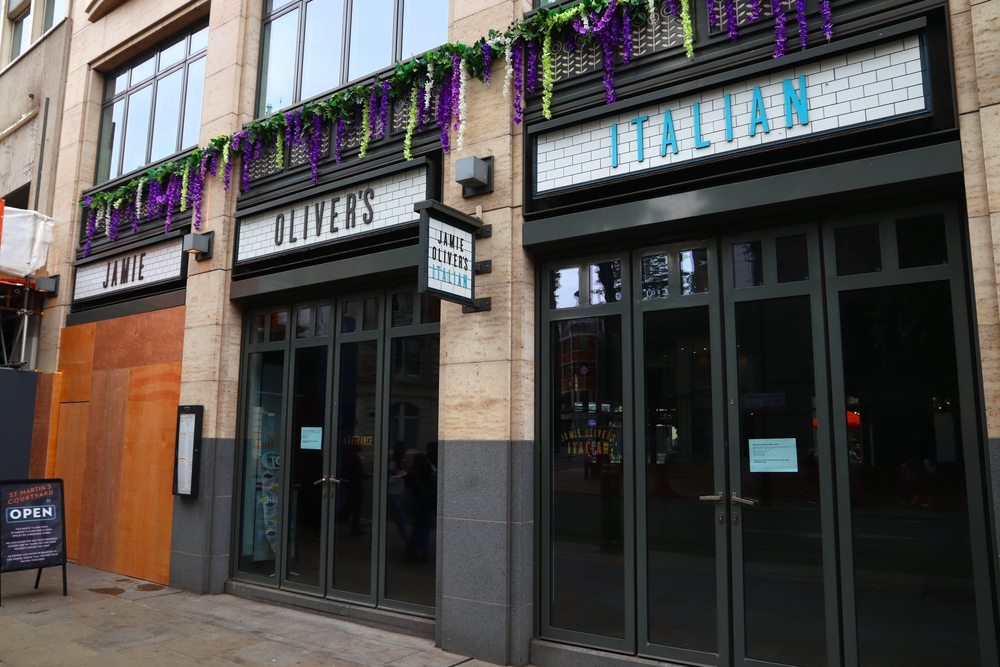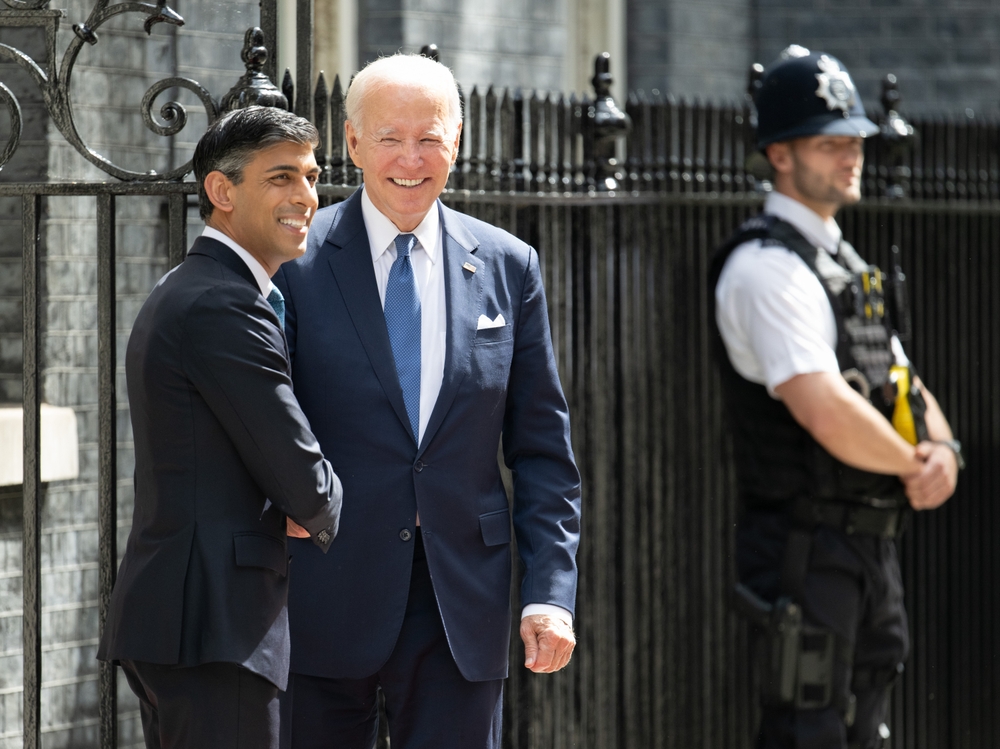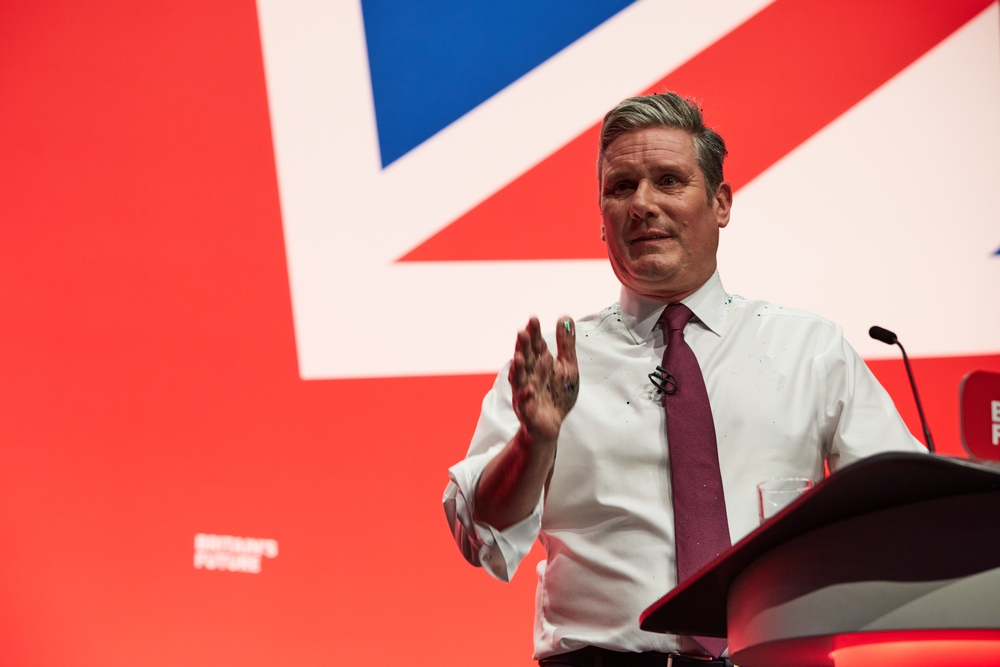
Of the 31 weeks since the general election – an experience most Conservatives would rather forget – how many have been good ones for the government? Much has happened in politics since June, and little of it could be said to have lifted the spirits. Yet the opposition has failed to open up the clear lead they might have expected over what has often seemed a hapless governing party, and surveys show the Tory rating to be all but unchanged since polling day. To help shed light on this curious state of affairs I held focus groups last week in three constituencies as politics once again got underway: Battersea, which the Conservatives lost last year to Labour; Walsall North, which they gained; and Wakefield, which they hoped they would gain but didn’t, despite seeing their vote share in the seat rise by eleven points.
Renaming Jeremy
Few of our participants had paid much attention to the reshuffle that had dominated the week’s news, and some had not even noticed it. Those who had were unimpressed: “It didn’t do much. A bit of window dressing, to rename Jeremy Hunt;” “He was supposed to have been sacked, but he said ‘don’t move me’ and she said ‘oh, OK’.” Some had picked up on the theme of altering the gender and ethnic balance of the government, but were sometimes left with the unfortunate impression that this had been an end in itself: “It doesn’t matter if they can do the job. They put people in to tick a box, ‘we’ve got to put a woman in’. Positive discrimination.”
“The reshuffle didn’t do much. A bit of window dressing, to rename Jeremy Hunt.”
Only a scattering of the other headlines that had absorbed the political world in preceding months were recalled, sometimes hazily. “Priti Patel was arranging meetings she shouldn’t have been. Was it in Iran?” “That guy’s laptop got done for porn. It were dead seedy, that. I can’t remember his name but he’s got a wife;” “The bald guy with the lewd texting.” Any other news? A long pause. “Chelsea have bought Ross Barkley.”
Most of the political news that stuck in people’s minds was either very big indeed (“After the election they joined with that other party, was it the DUI? She stuck her hand down the sofa to find the money”) or reflected something things that were closer to home (“The introduction of Universal Credit and the hardships people were facing with that”).
“There are a lot more rain days than sunny days.”
If the supply of political news has risen exponentially, demand for it remains resolutely static. New channels meant some stories would reach new audiences (“social media means young people can get involved without having to get out of bed. So people buffoon themselves and if they don’t see it on the news, it’s on Twitter and Facebook”), but for some, the daily torrent had more of a numbing effect: “Our cup has overflowed with political stuff. There’s only so much we want to take in”. Especially since, as one man put it, “there are a lot more rainy days than sunny days.”
Hope they know what they’re doing
This seemed especially true in what was, for many, the impenetrable saga of Brexit. Most people on both sides were happy with the way they had voted, with very little appetite for a second referendum (“I don’t want to go through all that again!” “People have voted, the result is what it is”) though there were a couple of regrets: “It almost feels like we’ve been sold a timeshare. ‘We’re building a roof but not a floor yet’”; “It’s like someone has got down on one knee and proposed, but it’s a Haribo ring”. As for how the negotiations were going, most participants declared themselves “none the wiser”. A few recalled that something had been agreed about money, citizens’ rights and the Irish border, though the finer points largely escaped them: “Is it that if you’ve been here three or five years you can stay?”; “The Irish situation was a smokescreen because we didn’t want a hard border, the Irish didn’t want one and the EU didn’t want one, so come 2019, who was going to build a wall?”; “I heard some figures but I don’t know what they mean or what the consequences are.”
“I’m bored to the back teeth so I switch off. You’ve just got to hope they know what they’re doing.”
Though some were prepared to be patient (“this is going to take ten or twenty years. There are thousands of things they’ve got to do. They’ve got to be slow because they’ve got to get the right deal”), the prevailing view was that “there is a lot of talk but no clarity;” “people are realising it’s not as easy as they thought.” Things felt uncertain and precarious – “every day you expect something to go wrong with the negotiations” – and there was frustration on both sides about the UK’s position: “I wish we could have a stronger stance. We’re going in like second-class citizens, but we’re so much stronger than people give us credit for. We’ve got these little countries dictating to us;” “I expected more organisation, that they would have some direction.” What kind of deal was the government aiming to achieve? “She hasn’t told anyone, has she?”
For many, though, the story had just become “background noise. You kind of zone out of it. It’s been going on for nearly two years.” Or, more forthrightly: “I’m bored with it. I’m bored to the back teeth so I switch off. You’ve just got to hope they know what they’re doing.”
Sketchy
Unfortunately, evidence that the government does indeed know what it’s doing seemed thin on the ground. “It seems a bit shambolic;” “A bit patchy, a bit sketchy”. Apart from Brexit, “all I’ve heard recently is that the NHS is on its arse, the police service is on its arse, and the exchange rate when you go on holiday is on its arse too.” Theresa May herself inspired more sympathy than confidence, even among those who had voted Conservative in June: “I feel sorry for her. She can’t do right no matter what she does;” “She looks out of her depth. She makes me feel uncertain.” Criticisms were often made more in sorrow than anger – “I think she’s a very humble lady and I don’t think she’s devious and political – I mean, I don’t think she plays politics” – but she “often looks flustered when she’s put on the spot”, and “should be in control, assertive, believable, but we don’t get that”. Some thought she was given an unfairly hard time by the media (“when they had the party conference all the news focused on was that a letter fell off the wall and she had a cough, but that could happen to anyone”), but a word that came up several times in different groups was “vulnerable”. Conservatives who had once dismissed the chance of Labour winning under its current leader now worried that it was all too possible: “I’m worried they’re creating a perfect storm for Jeremy Corbyn to come in.”
“He goes to Glasto, but how much are Glasto tickets? Who can afford them? Not the kids I teach in Beeston.”
That said, none of those who had voted Tory in the 2017 election were yet ready to swap allegiance. Those who had switched to the party last June had usually done so for at least one of two reasons: that they wanted to see Brexit through and thought the Conservatives most likely to make it happen, or that they were aghast at the idea of Corbyn in Downing Street. For all the mishaps and uncertainty, nothing had so far changed their minds. Labour voters often saw their leader as something of a hero (“I think the man’s brilliant, I love him. So genuine, and never changes his mind;” “He’s much more on the ground, he gets the tube. His tie is off, he’s one of you”), but none of those we spoke to who had declined to vote for him last year had yet been won over. There was also some scepticism about his supposed status as a youth icon: “He goes to Glasto, but how much are Glasto tickets? Who can afford them? Not the kids I teach in Beeston.”
Even so, people did not feel committed to their current party. Apart from anything else, the next election was, they hoped, a long way away, by which time much could have changed (“politics is so volatile you don’t know what is going to happen.”) The Brexit deal, whatever it contained, would probably have been concluded, and new issues would be on the agenda. Many also assumed that by the time they were asked to choose, there would have been another change at the top: “She’ll only last until she’s done Brexit. No-one is going to put their heads above the parapet until then.” As for potential candidates, “none stand out. But who would want the job? It must be awful.”


